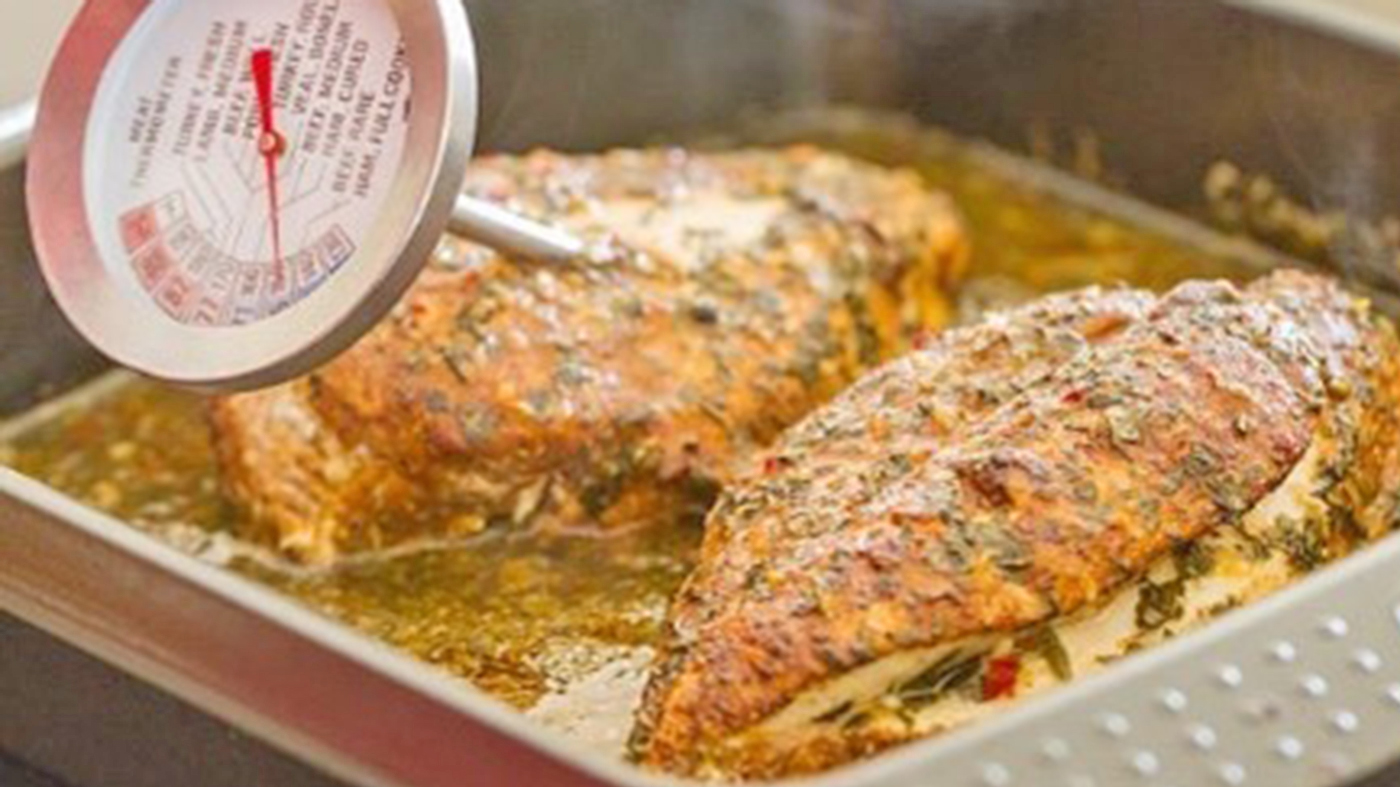Here are some tips to help you keep your food safe this holiday season.
With the holidays fast approaching, VA is offering tips to help you avoid foodborne illnesses, which are more prevalent than you may think. The Centers for Disease Control and Prevention (CDC) estimates foodborne illnesses affect about 48 million people each year with cases trending upward over the holiday season.
Many cases stem from food handling mistakes that are all too common in holiday meal preparation. Food poisoning, a type of foodborne illness, results from eating food contaminated by harmful bacteria or viruses that arise from flaws in food preparation or storage.
Signs of food poisoning
As various bacteria and viruses can cause food poisoning, symptoms may be different for everyone. While food poisoning effects will vary, symptoms can appear as quickly as a few hours and, in more severe cases, last several days.
Common symptoms of food poisoning:
- Diarrhea.
- Stomach pain or cramps.
- Nausea.
- Vomiting.
- Fever.
Some groups are at a higher risk for food poisoning and may experience more severe symptoms:
- Adults age 65 and older.
- Children younger than five.
- Individuals with weakened immune systems.
- Pregnant women.
People in these groups are more likely to experience prolonged symptoms that can lead to health complications or hospitalization.
Ten tips for handling food
Taking safety precautions when preparing and handling food can make all the difference in preventing the spread of food-related illnesses during times of celebration. Follow these food safety tips:
- Wash your hands often: Wash with soap and warm water before handling or preparing food to keep germs out.
- Use a food thermometer: Cooking meat to the right temperature kills harmful bacteria. Use a thermometer to make sure that meats and poultry reach safe temperatures.
- Separate raw and ready-to-eat foods: Keep raw meats and seafood away from ready-to-eat foods to prevent cross-contamination.
- Keep food cold: Refrigerate perishables at 40°F or below and freeze items for longer storage. Left-out food can spoil quickly, especially during gatherings.
- Thaw food safely: Thaw food in the fridge, under running cold water or in the microwave if cooked immediately after; do not leave it on the counter.
- Store leftovers properly: Refrigerate leftovers within two hours and consume them within three to four days.
- Clean surfaces and utensils regularly: Wash cutting boards, knives and counters after handling raw meat or produce.
- Avoid tasting raw dough or batter: Raw eggs and flour can carry bacteria. Wait until baked goods are fully cooked.
- Check expiration dates: Using expired food increases the risk of contamination.
- Watch the “Danger Zone”: Bacteria grow quickly between 40°F and 140°F. Avoid leaving food in this range for more than two hours.
By following these tips, you can help make holiday gatherings safer. For more food safety resources, visit VA’s Food Safety website. A few precautions can make a big difference in keeping your holiday season healthy and enjoyable.
Topics in this story
Link Disclaimer
This page includes links to other websites outside our control and jurisdiction. VA is not responsible for the privacy practices or the content of non-VA Web sites. We encourage you to review the privacy policy or terms and conditions of those sites to fully understand what information is collected and how it is used.
More Stories
Bob Jesse Award celebrates the achievements of a VA employee and a team or department that exemplifies innovative practices within VA.
The Medical Foster Home program offers Veterans an alternative to nursing homes.
Watch the Under Secretary for Health and a panel of experts discuss VA Health Connect tele-emergency care.






